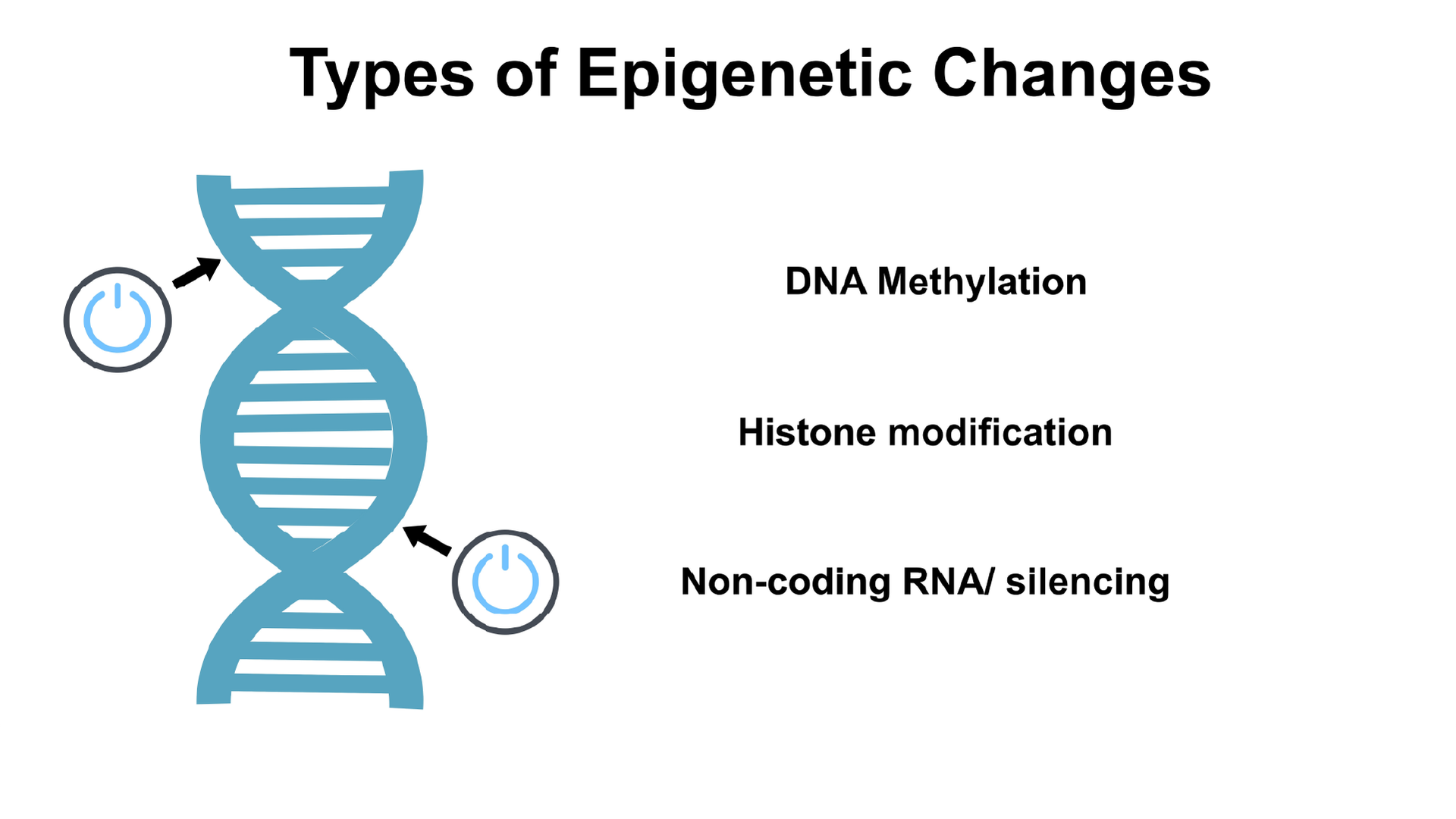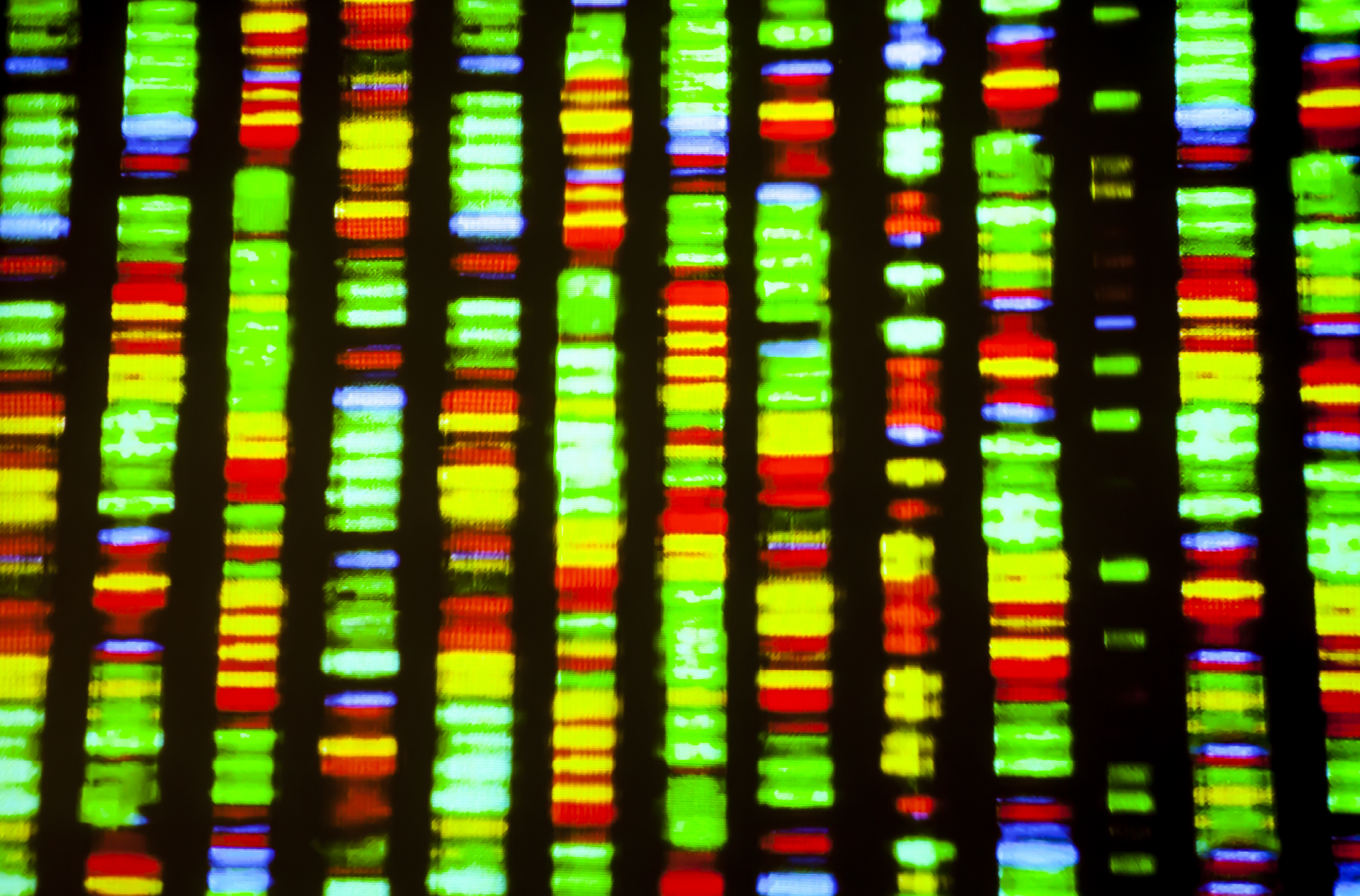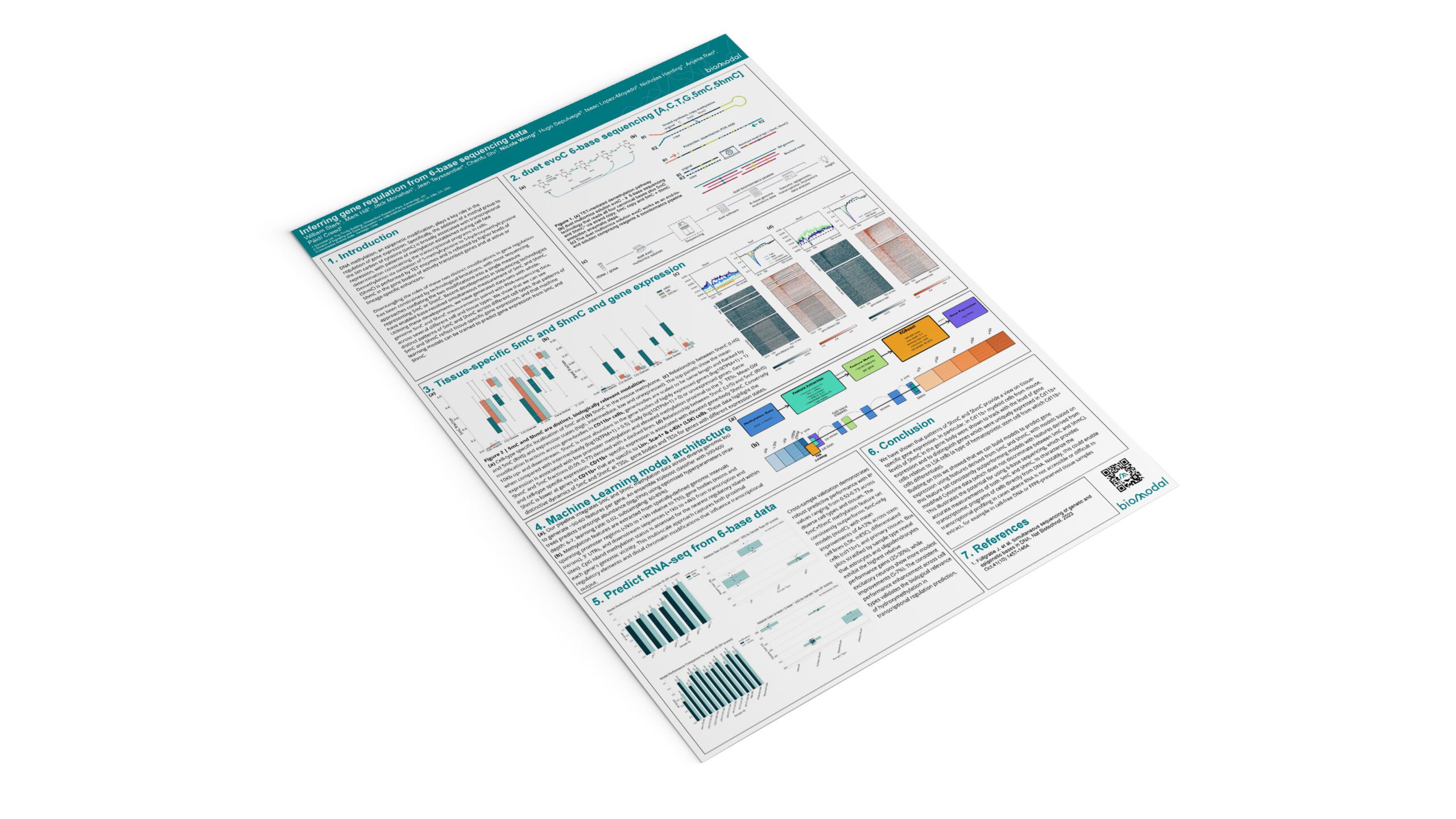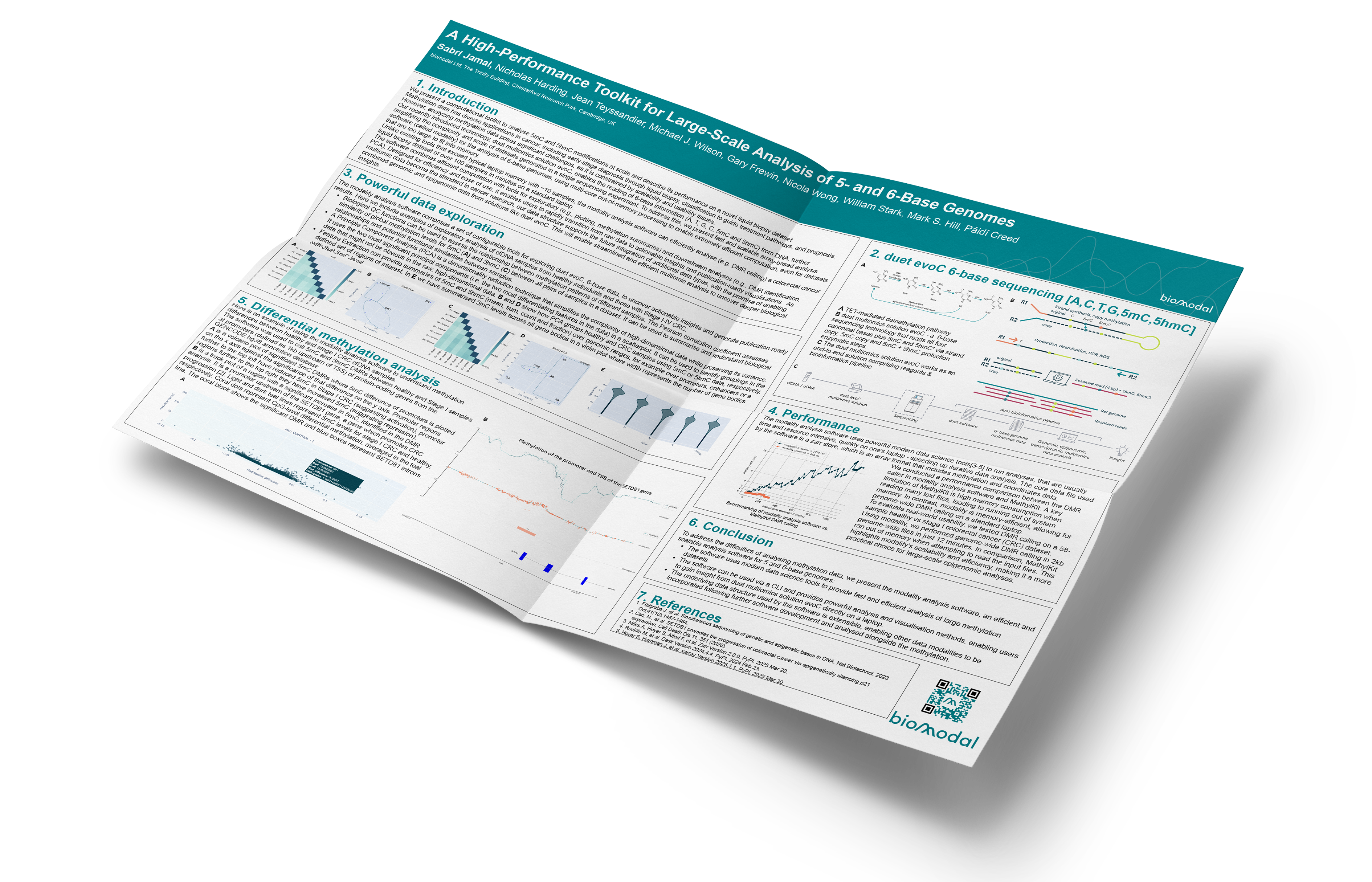
What factors determine DNA methylation?
Understanding the factors that affect DNA methylation can open up new avenues to explore human health and disease.

Understanding the factors that affect DNA methylation can open up new avenues to explore human health and disease.

5hmC is far more than just a transient step in the DNA demethylation pathway as it has broad implications for gene regulation, cellular differentiation, brain function, genome stability, and disease.

Explore the fascinating world of the different types of epigenetic modifications and the role of epigenetics in gene expression. Learn more.

Heterochromatin is a condensed form of chromatin that plays an essential role in maintaining genomic stability. Disruptions in its formation can lead to disease. We explore the mysteries of heterochromatin and its vital role in genome organisation.

Understanding how alterations in CpG island methylation contribute to disease states, including cancer, may provide novel targets for treatment.

Patterns of 5hmC and 5hmC provide a view on tissue-specific gene expression.

The combination of PARPi (Talazoparib – TAL) and DNMTi (Decitabine – DAC) functions synergistically to inhibit PCa cell lines and patient-derived PTOs.

Circulating tumor DNA (ctDNA) purity can be used to predict therapy response of metastatic castration-resistant prostate cancer (mCRPC) to PD-L1/PARP1 inhibition.

We present a computational toolkit to analyse 5mC and 5hmC modifications at scale and describe its performance on a novel liquid biopsy dataset.

Alfonso Bellacosa, MD, PhD, a Professor in the Nuclear Dynamics and Cancer Research Program and Johnathan R. Whetstine, PhD, the Jack Schultz Chair in Basic Science, both at Fox Chase.